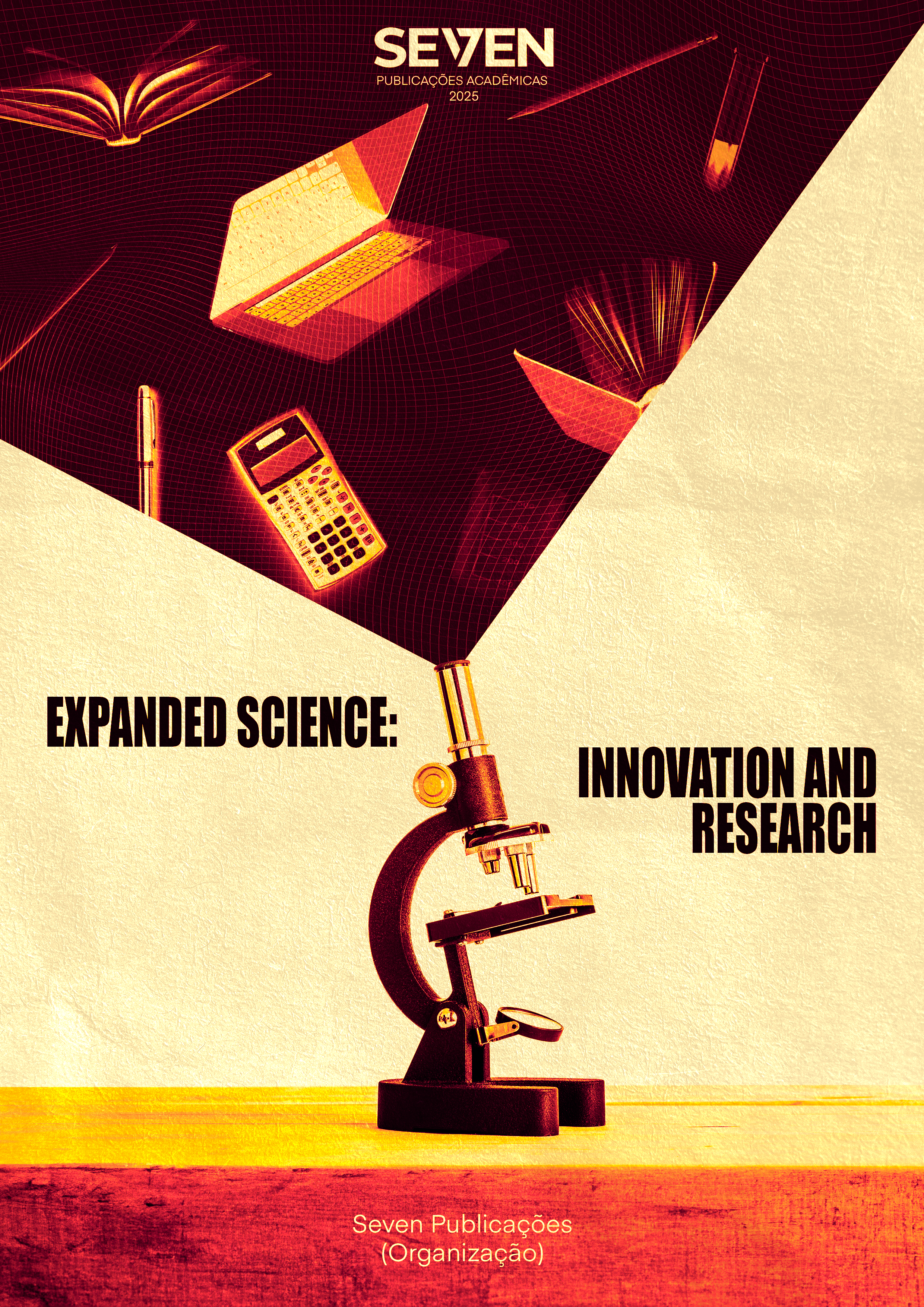GOVERNING UNDER LOCKDOWN: AUSTERITY, PATRIMONIALISM, AND THE STRUCTURAL LIMITS OF BRAZILIAN DEMOCRACY
Keywords:
Austerity, Patrimonialism, Lulism, Institutional Blockade, Brazilian DemocracyAbstract
This article investigates how the interaction between fiscal austerity and patrimonialism shapes the structural limits of government action in contemporary Brazil, taking Lula's regime as a paradigmatic case. It begins with the hypothesis that austerity, more than a technical instrument of adjustment, constitutes a governmental rationality that, by articulating with historical patrimonialism, both reinforces and is reinforced by it, producing a persistent institutional blockade. The study adopts a multidisciplinary approach, combining historical analysis, political sociology, critical political economy, and case studies. It examines: the evolution of Lulaism as a conciliation pact; the role of Constitutional Amendment 95/2016 in consolidating austerity; the persistence of patrimonialism as the private appropriation of the public; and the judicialization of public policies as a factor in institutional reconfiguration. Fernando Haddad's testimony regarding the updating of the property tax (IPTU) in São Paulo empirically illustrates the mechanisms of resistance and blockade that operate even in the face of electoral legitimacy and technical support. The results indicate that the combination of austerity and patrimonialism narrows fiscal space, conditions policymaking, and preserves privileges, transforming Brazilian liberal democracy into an arrangement capable of producing episodic advances, but structurally limited in overcoming inequalities. The conclusion is that breaking this cycle requires a deliberate reconstruction of the democratic, economic, and social pact, with progressive tax reform, democratization of budgetary policy, and strengthening participatory channels, in order to shift the decision-making axis to popular sovereignty and reduce the vulnerability of policies to diffuse and asymmetric vetoes.
Downloads
Published
Issue
Section
License
Copyright (c) 2025 Eulírio de Farias Dantas, Gildo Faustino da Silva Nascimento, Bruno Liandro Praia Martins, Deusdedith Ferreira Araújo, Eduardo Jorge Ausier Barreto Junior, Pedro de Oliveira Gueiros, Gabriel Godoi de Paula, Bruno Henrique de Lima Faria

This work is licensed under a Creative Commons Attribution-NonCommercial 4.0 International License.





